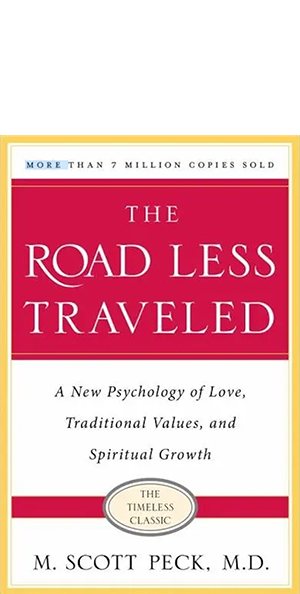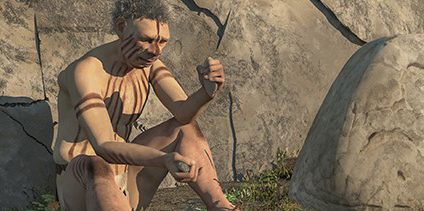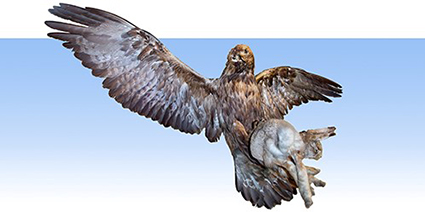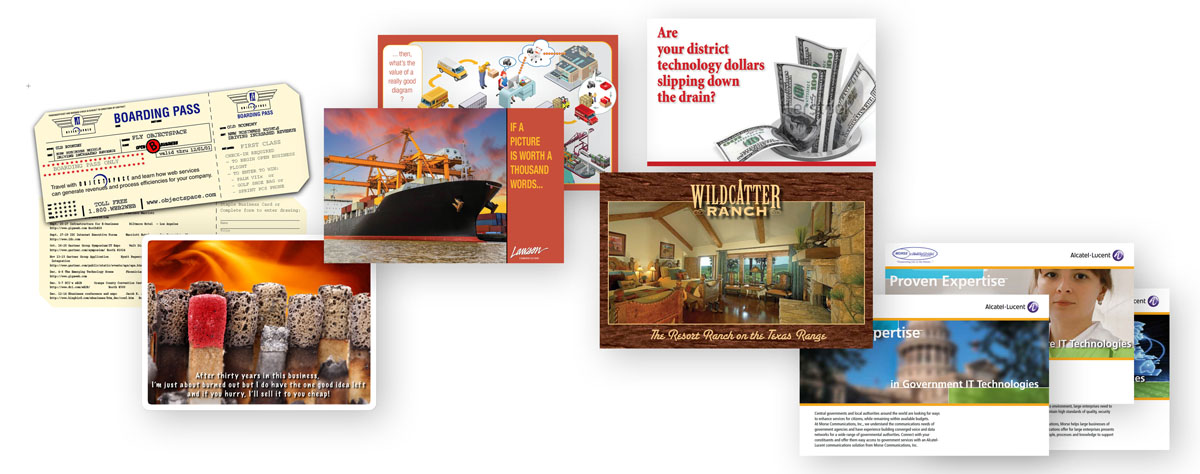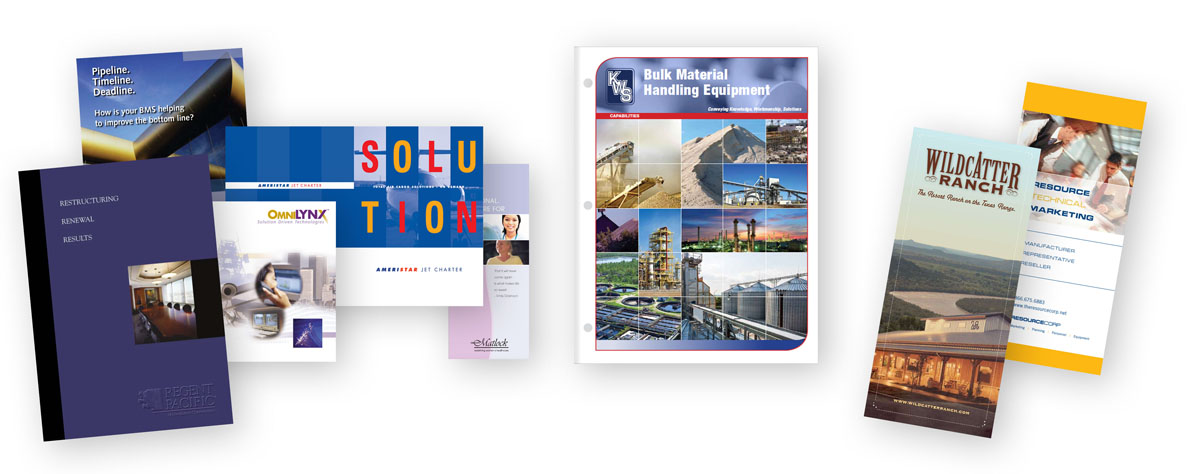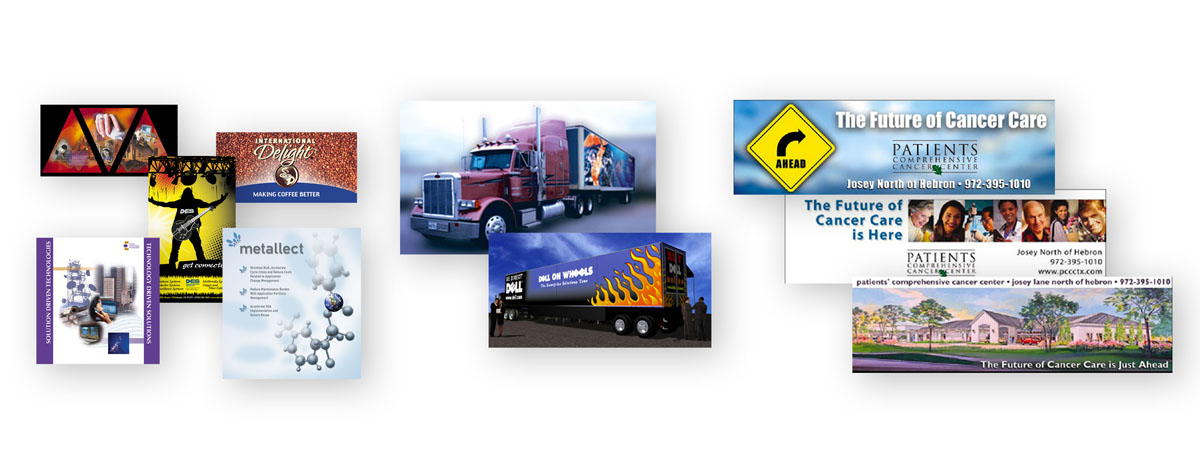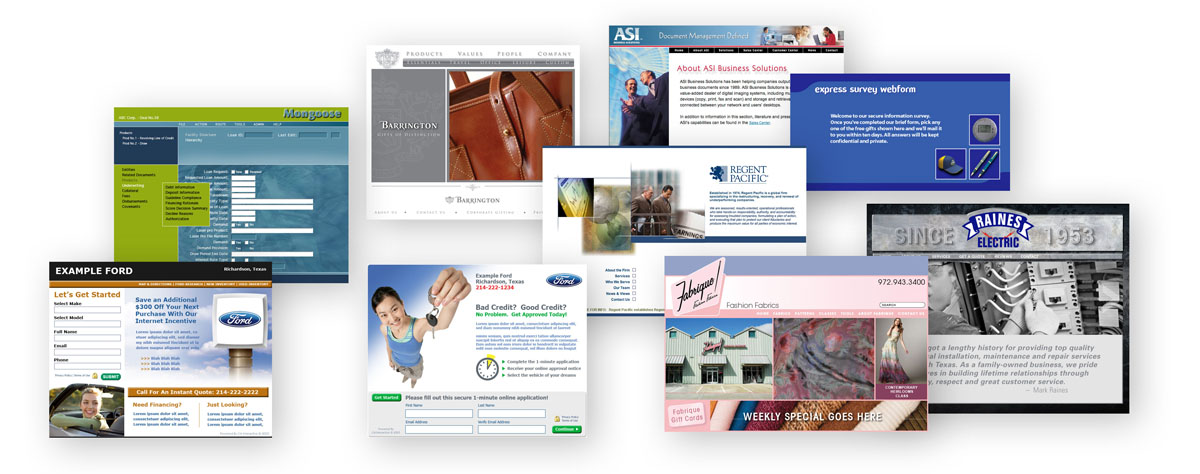What If
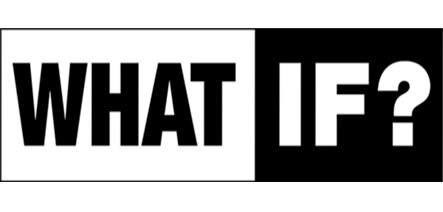
What if the second hand of nature swept silently past the predestined limit-check and ignited a cataclysmic event so extreme that it exceeded the climate criers’ predictions not by just by a power of ten nor within the span of a hundred years but within a single revolution of our planet and to a degree previously incomprehensible?
What if that great caldera we call Yellowstone, erupted with a force matching geologists’ long-standing predictions and devastated the entire Western third of North American, taking with it 150,000,000 human lives and the equivalent in animals and plant life, while leaving the remainder of the Northern hemisphere beneath a stifling black cloud of volcanic ash?
What if, as a result, that gossamer-thin veil of order we call civilization were suddenly rent beyond repair and we faced the ultimate test of our beliefs?
What Then
What if the anger, resentment, and entitlement that bubbles just beneath the surface of our contemporary culture, found a fissure and spewed forth unchecked?
What if the ensuing violence were too great for law enforcement to control, assuming law enforcement even remained or cared?
What if Darwin’s “Survival of the Fittest” became “Survival of the Most Sociopathic”?
What if just keeping our families alive became our number one concern?
On the Other Hand
What if we embraced the understanding that at some undefined point in the future, the closing bell will unquestionably ring, signaling an end to our lives, our culture, and everything we cherish?
What if we therefore decided to live every remaining hour to its absolute fullest?
What if we accomplished that goal by investing in others?
What if we quit being offended by every minor difference in perspective?
What if we ceased labeling others and ourselves?
What if we just quit being afraid?
What if we began to seek the good for those with whom we disagree?
What if we remembered that just living could be fun?
What if other people caught on to what we were doing?
What if Donald Trump and Joe Biden went out for ice cream and enjoyed their time together?
What if we realized the crabby neighbor who drives an ugly car and never mows their lawn is really someone struggling with problems just like our own?
What if we began seeing our jobs as more than just a means to attain money for buying more toys and fancier vacations to help us forget how much we hate our jobs?
What if, instead, we began to see our careers as opportunities to exercise our natural aptitudes and develop meaningful, relationships while adding to the success of our organizations?
What if we began to see our fellow employees and neighbors (and maybe even our family members) as infinitely valuable individuals, fashioned in the image of a God who is there?
What if we began to actually love those people for who they are, not for what we want them to be?
What if every bit of this was neither a nightmare nor a fantasy but 100% true and 100% doable? Call me delusional. Call me a dreamer, but do so to my face and convince me why none of this can happen. I’ll buy the coffee. Just hit reply and let’s pick a time.
These guys say it better than I do. The Avert Brothers.
“Time is too slow for those who wait, too swift for those who fear, too long for those who grieve, too short for those who rejoice, but for those who love, time is eternity.”
— Henry Van Dyke
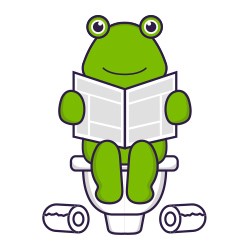
Did someone forward this newsletter to you after reading it themselves? Don’t settle for that!
CLICK HERE
to get a fresh, unused copy of this
newsletter sent directly to you every Sunday morning.
If you decide it stinks, you can always unsubscribe.
Good Reads. Even Better Listens.
Learned Optimism
Martin Seligman
So when you read something like “Stepping Up” by John Izzo and he cites “Grit” by Angela Duckworth and you read that only to discover that she studied under Martin Seligman, someone who Warren Bennis and Henry Cloud often cite, how can you even consider not reading Seligman’s shining triumph, “Learned Optimism”? But, prepare yourself – this is a college textbook, not a positive thinking, feel good missive. On the other hand, it just might change your life!
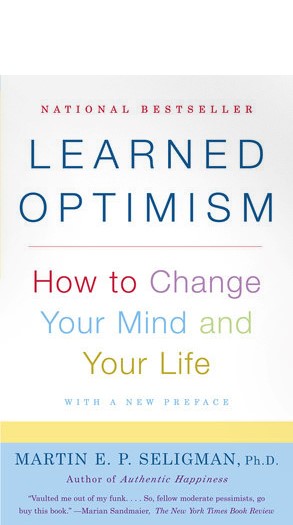
The Road Less Traveled
M. Scott Peck
I read this book last October and got too caught up in my daily crises to add it to my list of recommendations. Someone reminded me about “The Road Less Traveled” this week and reminded me that it contains a LOT of keen observations, not the least of which is the opening statement’ “Life is difficult.” I’m currently re-listening to it at 2X speed while making notes in my printed copy. If you want to determine whether or not my upcoming quotes from this book are accurate, you’ll just have to read it in advance.
